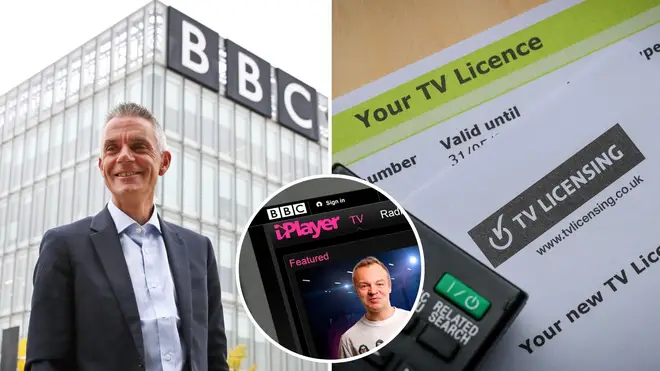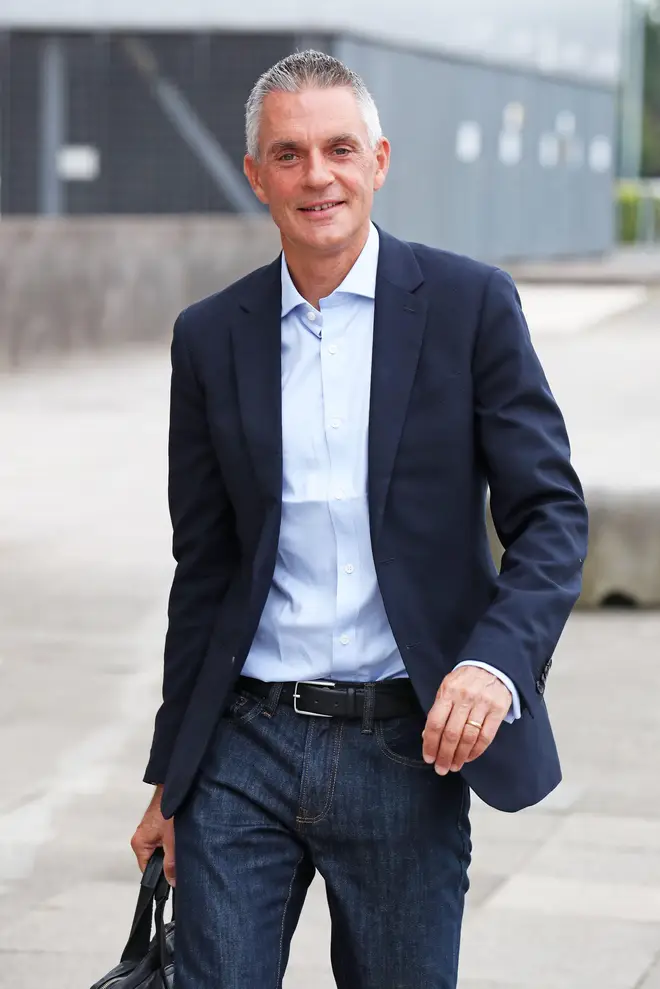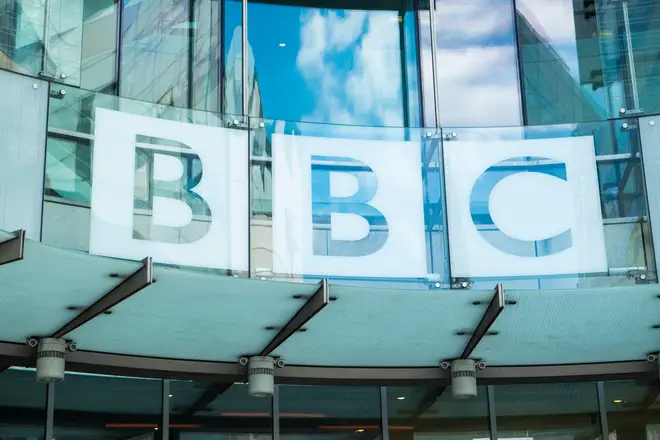
Paul Brand 10am - 12pm
26 March 2024, 15:59 | Updated: 26 March 2024, 19:17

The BBC could force the rich to pay more for license fees as part of the corporations latest 'progressive' funding shake-up, according to Tim Davie.
The director-general, who has led the corporation for three-and-a-half years, promised to consult the public on new reform plans that could see a means-tested model put in place.
It comes as the corporation continues to face increasing pressure over its funding model, as well as increased competition from rival streaming services.
The license fee reform could see those on higher incomes charged to access live and on-demand services, as well as an end to prosecutions for non-payment.
It's not the first time the idea of a means-tested model has been floated by the BBC, with Davies highlighting that “reform” is necessary given trends.

From Monday, all UK households will see the license fee increased to £169.50 a year, an increase of £10.50.
It follows a two-year freeze by the corporation.
Speaking with broadcasting chiefs in London on Tuesday as part of the Royal Television Society event, Davie said: “There is no doubt that the market has changed hugely since the licence fee was introduced.
"And I think it is right to ask fundamental questions about its longevity in a world that is now full of choice.
Read more: Florida bans social media for under-14s in restrictive new law for children
However, Davie stopped short of committing to a means-tested license fee, noting that other options remained on the table.
Highlighting the importance of investment amid the corporation's declining income from license fees, Davie said the BBC “needs more global partnerships with some of the tech players”.
“With that in mind, we will proactively research how to reform the licence fee post-2028 — looking at its scope, how it could be more progressive, and making sure its enforcement is fair and proportionate.”

It comes as the director general added that the corporation would not shy away from using AI and involve US tech giants to implement its diversification plan.
Highlighting the importance of factual accuracy, he said the plan was to "increase fact-checking of sources", as well as the "use translation and reformatting technology" which would allow the BBC to be translated and used internationally.
“We will proactively deploy AI on our terms, always holding on to our published principles,” Davie said.
“Never compromising human creative control, supporting rights holders and sustaining our editorial standards, but proactively launching tools that help us build relevance.”
Putting out feelers where future funding pathways are concerned, Davie's mission comes ahead of consultations with the government, with the BBC's royal charter up for renewal in 2027.